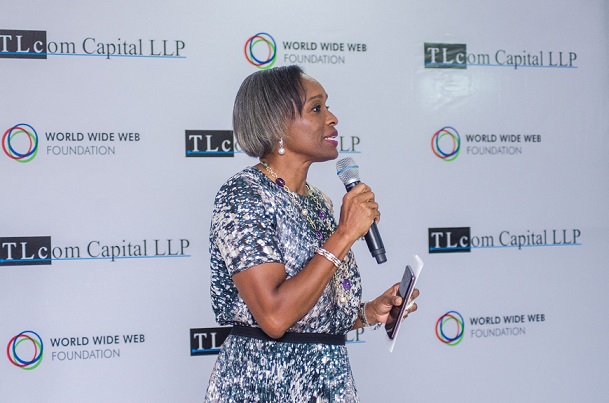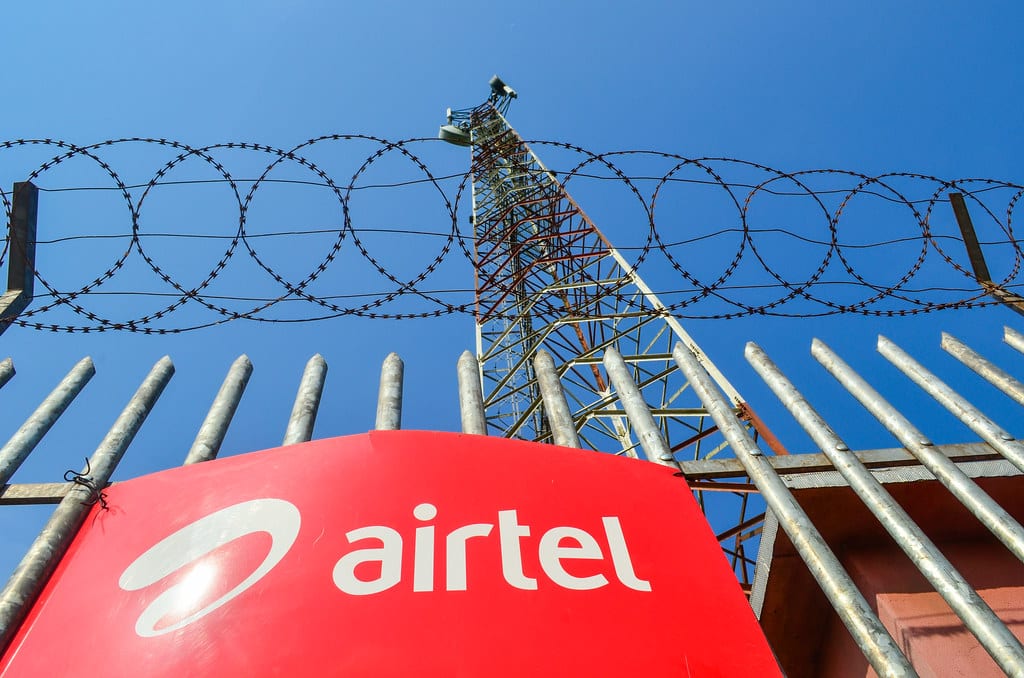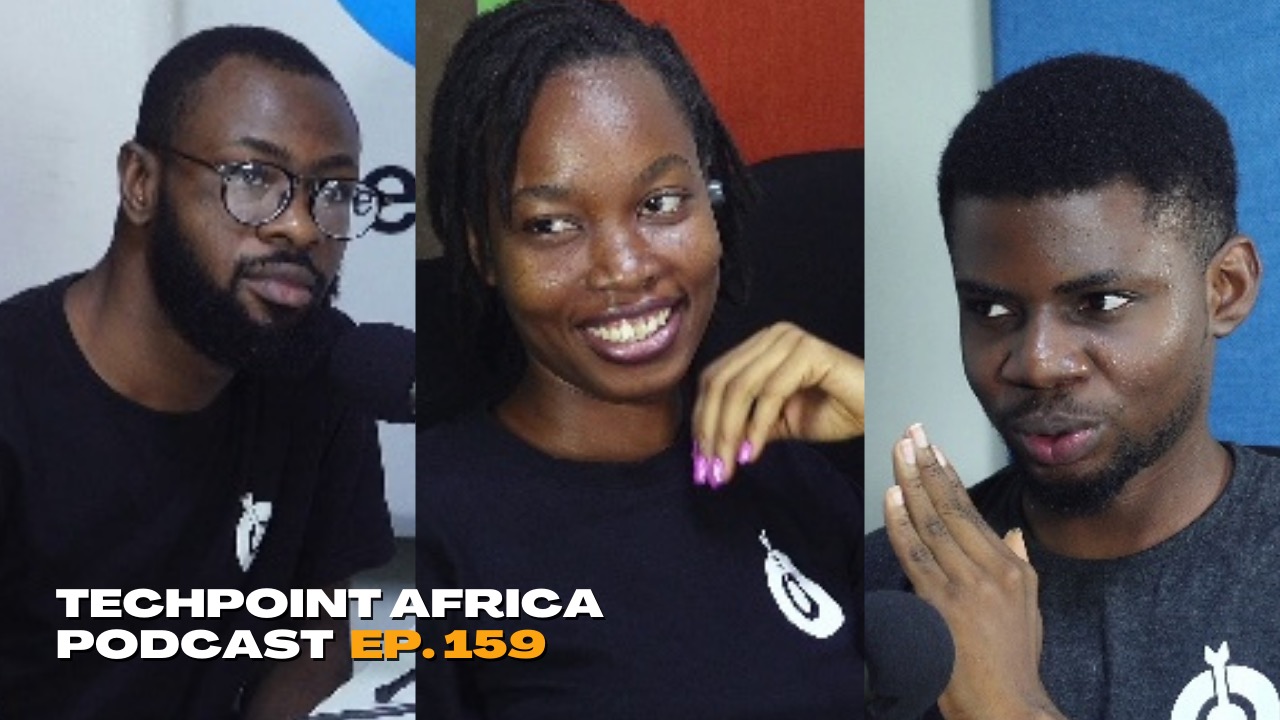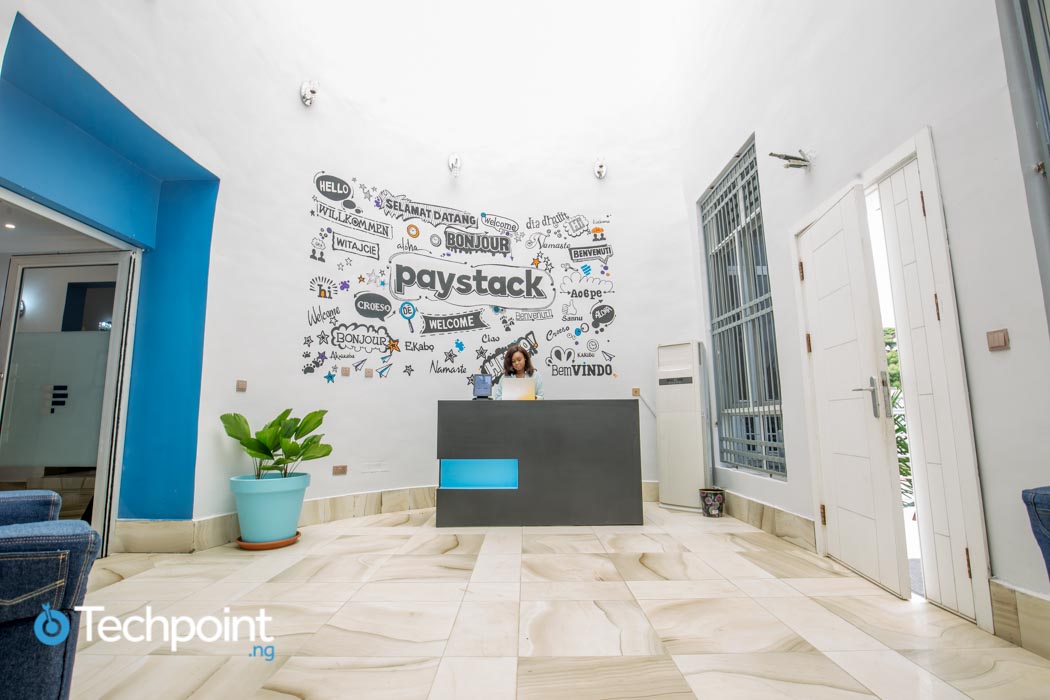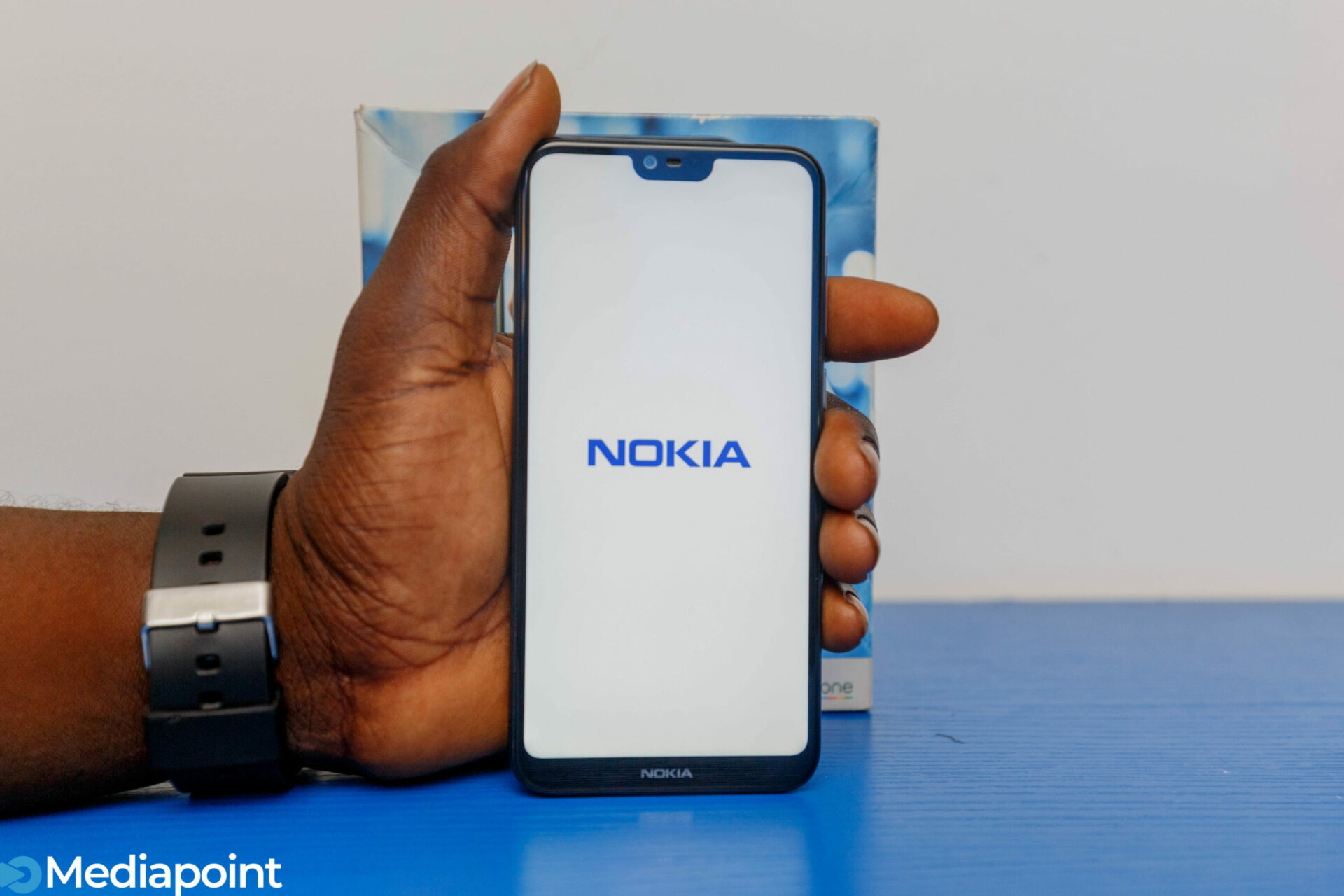TLcom Capital is a Lagos-Nairobi-London-based venture capital firm that has been investing in tech and innovation across Europe and the US since 1999.
In 2017, TLcom Capital announced the first close of its Technology and Innovation for Developing Economies (TIDE) Africa Fund, with $40 million of commitments targeting African tech companies.
The fund is focused on helping the best companies utilising mobile as a platform to address and solve Africa’s most pressing needs.
Its overall commitments across its entire markets is approximately $300 million.
Every other week, we put the spotlight on Africa-focused private and institutional investors and their activities. In this edition, TLcom Capital answers important questions that will help many African entrepreneurs on their journey.
What does the term VC investment mean to TLcom?
VC isn’t solely a matter of providing capital, it’s primarily about delivering critical business support that can help companies achieve their vision. Whether that’s through providing insights on regulation, creating access to talent through our networks, or refining their company strategy, we’re a fund that focuses on providing tangible business-building support for value generation.
How did TLcom begin its journey of investing in Africa?
Our Founder and Managing Partner, Maurizio Caio, set up TLcom in 1999 with an initial strategy covering Europe and Israel.
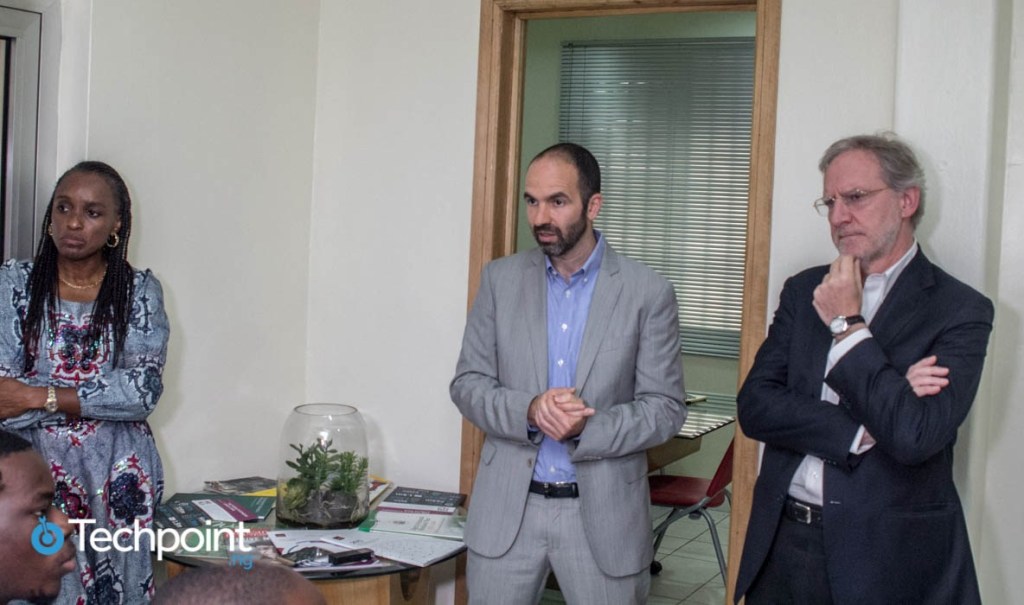
Over the last ten years, TLcom has developed an interest in commercial VC in Africa. About 5 years ago, we decided to raise a dedicated Africa VC fund, and we managed to hold its first closing in 2017. It’s the first international VC fund exclusively focused on tech-enabled business models for Sub-Saharan Africa and a big reason for its formation was the mobile revolution across Africa.
We understood that startups were emerging across Africa and we wanted to provide a fund that enabled them to take advantage of the new opportunities to solve problems unique to the continent. We also wanted to support those with innovative business models and high-growth opportunities.

Join over 3,000 founders and investors
Give it a try, you can unsubscribe anytime. Privacy Policy.
Every VC has eyes for certain markets. Kindly tell us what market TLcom is interested in and why?
Nigeria and Kenya are our main markets and that’s because of the relevance of these markets to our tech investment strategy, and it's where our partners' expertise lies.
For example, Dr. Omobola Johnson, the senior TLcom partner based in Lagos, is Nigeria’s former ICT minister and before that, the head of Accenture in Nigeria, with a strong understanding of the country’s technology scene.
Andreata Muforo is a partner based in Nairobi who not only has a background in M&A in the country but also has a solid network of entrepreneurs in the region. Our Managing Partner, Maurizio Caio is also based in Nairobi, and Ido Sum, our London-based partner, was a tech entrepreneur in East Africa before joining TLcom.
What industries are of most interest to TLcom?
We’re exclusively focussed on tech-startups but within this, we’re quite sector-agnostic. We have startups in our portfolio from sectors including logistics, data services, food distribution, and software development services, but what ties them all together is their use of technology. Also, being a VC that’s not limited to one sector gives us a good vantage point to not only see the best opportunities but to also understand how developments in different industries affect one another.
How does TLcom decide that a startup is investible?
We’re mainly interested in high-growth, scalable companies that are trying to solve key problems in Africa by leveraging technology.
We look at the attractiveness of the market, the ability of the company to win in that market, and whether or not the investment structure allows for the significant upside that must be associated with high-risk, early-stage VC investments. Within this picture, it’s important that there’s a strong leadership team with the ability to articulate and execute a winning strategy in the relevant market.
Going by the standards of TLcom, what shouldn't a startup be doing?
A startup should not address a market that is highly competitive and where technology cannot play a disruptive role. A startup should not address an attractive market without clarity on how to achieve a sustainable competitive advantage or with a business model that requires massive capital expenditure to scale.
Finally, founders should expect investment terms that allow investors to achieve superior risk-adjusted returns in light of the upside of the company - often valuation expectations are not aligned with the actual upside or with the capital required for success.
At what growth stage does TLcom usually invest in startups and why?
We invest in all stages of the VC cycle. If we had a particular focus only on seed stage, or early-stage typically Series A and B, or later-stage Series C and above, there would not be enough deal flow within the Sub-Saharan region to allow for proper VC selection, which needs to target approximately one investment per every hundred opportunities or so.
How does TLcom deal with bad investments?
Bad investments can happen and in that case, it’s important to evaluate whether the situation is fixable with a better strategy, team, or additional capital – or even if it’s appropriate to accept that some combination of market, company, and investment is not working, hence the best course of action is to help the company find a buyer or liquidate.
What investment has TLcom regrettably passed on and why?
There have been investments that we wanted to do and did not manage to complete, typically for a matter of timing (our timeline for due diligence was not compatible with the target closing date for the company), but so far in almost all cases, we have managed to invest in those companies in subsequent rounds.
What startups are currently in TLcom's portfolio?
We’ve got the likes of Andela and Kobo360, that have both announced $180 million and $30 million fundraises this year. We also have Twiga Foods, AJUA (formerly mSurvey), and Terragon Group.
What is TLcom's average ticket size?
Our investments are between $500,000 (typically the entry ticket for a seed-stage investment) and $10 million (typically the lifetime investment in a given company, often via several rounds, over its life cycle).
How can startup founders reach TLcom?
You can reach us at info@tlcomcapital.com

